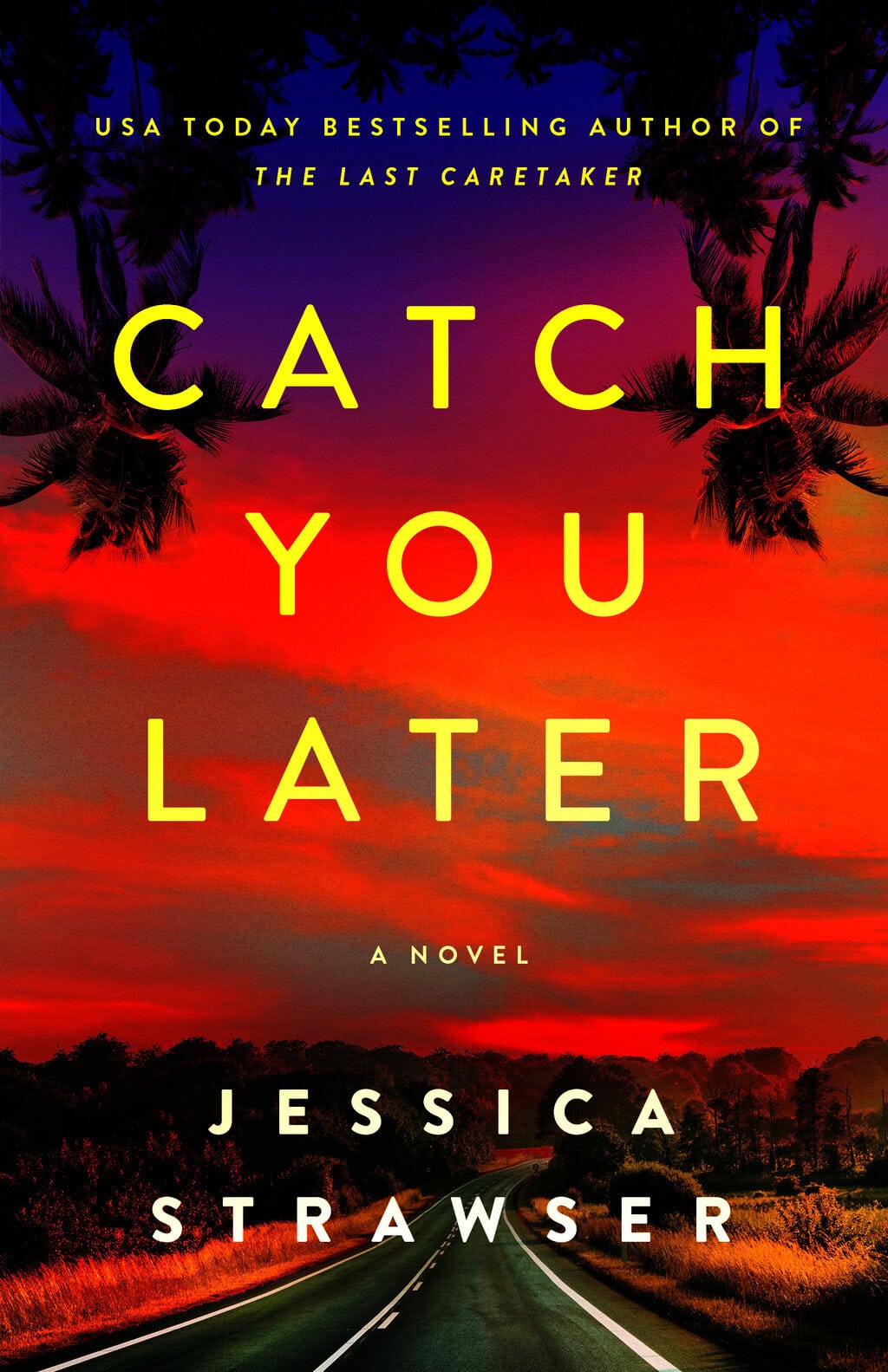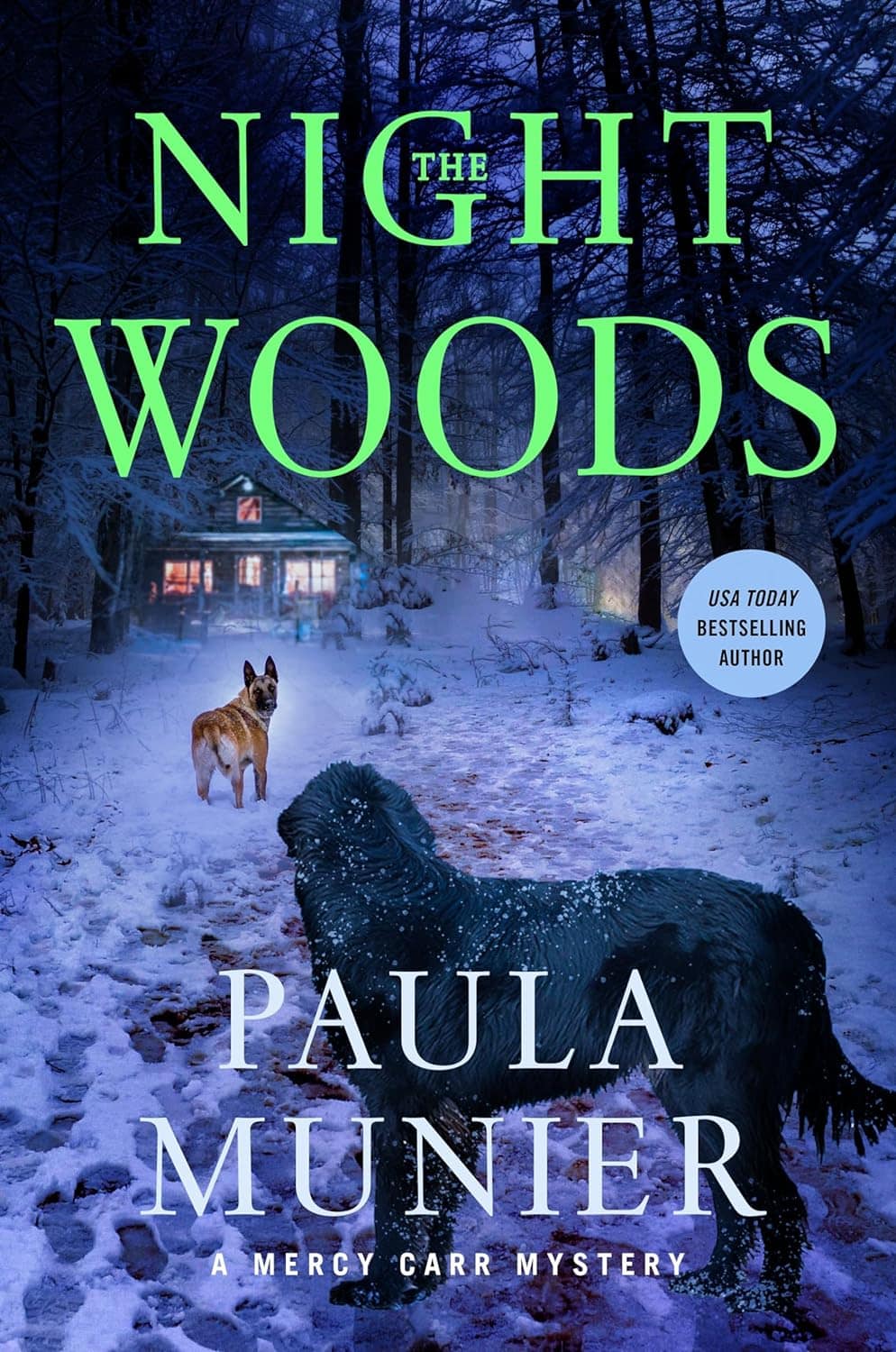Writers take inspiration from many sources—often other writers and artists—but one must always give credit where credit is due. This can be both a professional courtesy and a legal obligation.
You may feel like your novel will be wonderfully enriched by including a well-known song lyric, a line of poetry, or perhaps even a painting or photo. And you may be right. Just know that there’s a responsibility that comes along with that enrichment. That’s why, while editing manuscripts, I often highlight excerpted material and attach a margin note: “Permission for use needed.”
The inevitable question from the author follows: How do I do that?
It ain’t easy
Groan. (Sorry.) I strive to be encouraging in my job (and in life), but when it comes to securing permissions, my advice is to—if at all possible—steer clear. There are reasons we didn’t go to law school.
If, however, you’re adamant about including that line about that no-good cheating man—or that no-good cheating woman—then read on. This post will focus on song lyrics because that’s the issue I come across most frequently.
You can write that your characters are dancing like maniacs to the Rolling Stones’ “Satisfaction.” Song titles cannot be copyrighted so no problem there. But when you quote that song’s lyrics—no, no, no—you are appropriating that rock band’s work.
I sense resistance. You still want to do it. Maybe you are determined to include a certain Taylor Swift lyric in your book. It’s meaningful to the story! Have it your way. Let’s review the steps involved.
No, the publisher won’t do it for you
Know that you are on your own. Writers may assume that their future publisher will assume onerous tasks like this, but if you read the fine print of most publishing contracts you will discover that this is not the case. The task of securing—and paying—for permissions falls to the author.
How do I find the copyright holder?
So who owns the song you want to use? It may be a person or company, and there are ways to find out. Search music producer websites to discover who to contact for use of the desired material (www.ascap.com, www.bmi.com, or www.sesac.com).
What the copyright holder wants to know
The entity who owns the copyright will want some pretty specific information in order to decide whether to grant you permission for use. Most importantly, they want to know the context in which the material will appear. This is important because maybe Taylor Swift’s people don’t want her work to be quoted in a slasher novel.
Let the copyright holder know how the material will be used: as part of the text (include the page) or a chapter title—maybe an epigraph? (Yes, even epigraphs using copyright material need permission.)
When contacting the producers, tell them you are the author of a book (include the title), and what material you want to quote. Be specific, and include the number of words you want to use.
The copyright holder will want to know the name and address of the publisher who intends to publish your book, as well as the legal territories in which your book will be sold. Did the publisher secure World Rights to your book, or perhaps just U.S rights? The copyright holder will want to know how widely their lyrics will be distributed and how many people will see them. So you will likely have to tell them the projected print run of your book—information that is not always easy to get.
The waiting game
Sometimes with a low print run, a company might not charge a fee, but you can’t count on that and permissions may be costly. It can also take a while to get a response, as these emails may jump from person to person within a music producer’s organization. You might have to resubmit your request to various people or fill in online forms.
Or you could not hear back at all. If you document your best-efforts search to secure permission, you may be legally allowed to use the quoted material, but this is not the best idea. Someone can show up after the book is published, demanding money or threatening a lawsuit.
Public domain and fair use
As of 2024, music and lyrics published before 1928 are in the public domain and free to use. (A list of public domain songs can be found here.) An artist’s work often falls into the category of public domain around seventy years after their death. But maybe there’s a new version of the song that’s got a new copyright. In copyright law, there are many gray areas, which can lead to litigation.
Copyrighted material may be used without permission under the legal doctrine of “fair use.” But fair use is no free pass. It involves quoted material for purposes of critique or commentary, perhaps a parody. No, your characters still cannot belt out the lyrics of “Satisfaction.”
A way around the copyright
I’m not suggesting you flout the law. Far from it. But rather than this:
Emily and Kara were dancing around the bedroom, using their hairbrushes as microphones and doing their best Taylor Swift impressions. [Taylor’s lyrics quoted here]
Instead, try something like this:
Emily and Kara were dancing around the bedroom, using their hairbrushes as microphones and doing their best Taylor Swift impressions. They giggled as they sang about being young and reckless, about having lovers (they didn’t have). Mostly, they sang about the glory and torture of being in love.
My legal disclaimer
While this post offers general guidelines, aggrieved parties and litigious attorneys may offer up their own creative, ambitious, and nuanced arguments. I did not go to law school, so if there is any question of legality, do not substitute this post for actual legal scrutiny of your writing. Also, don’t count on a publisher’s lawyer to clarify later. If in doubt, leave it out.
Artist solidarity
While the task of securing permissions may be onerous, bear in mind what underpins these protective measures. Today, more than ever, creative artists must protect their copyright. Consider the ongoing struggle for authors to protect their work from absorption by AI scrapers.
Career authors must respect intellectual property rights. If you don’t want others to steal or profit from your hard work, expect nothing for free.
Have you used lyrics in a book, or have you been tempted to? What songs? Tell us on Facebook.




